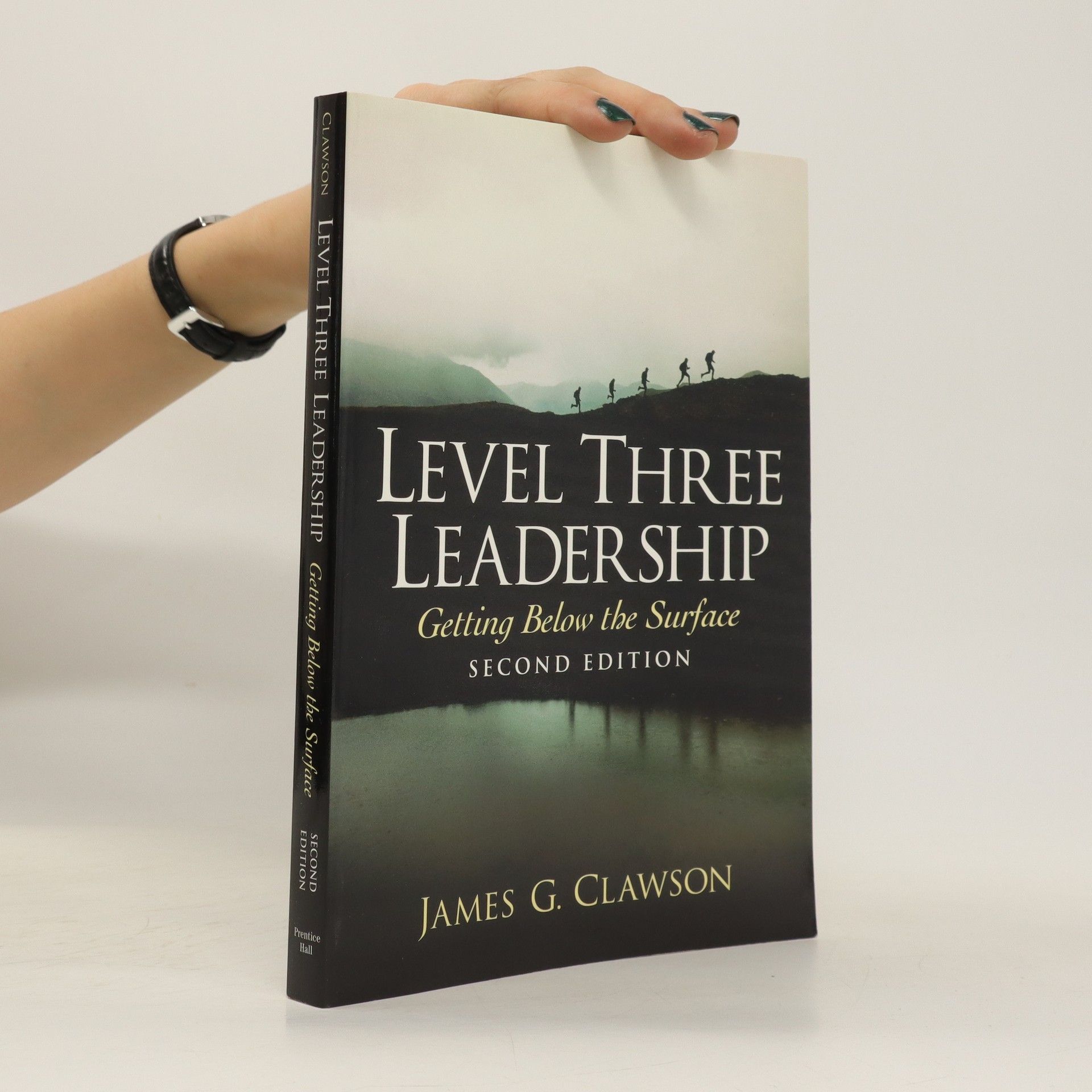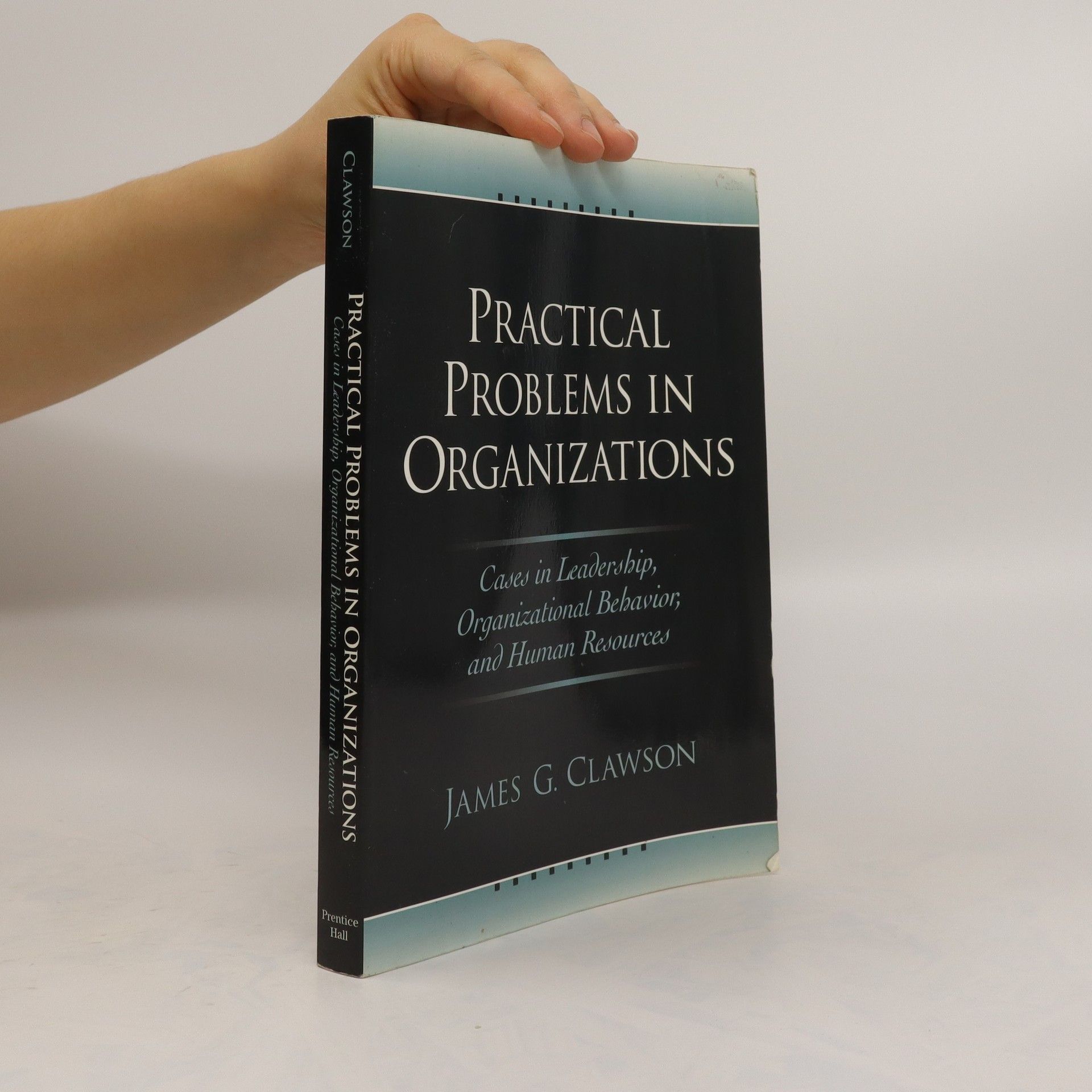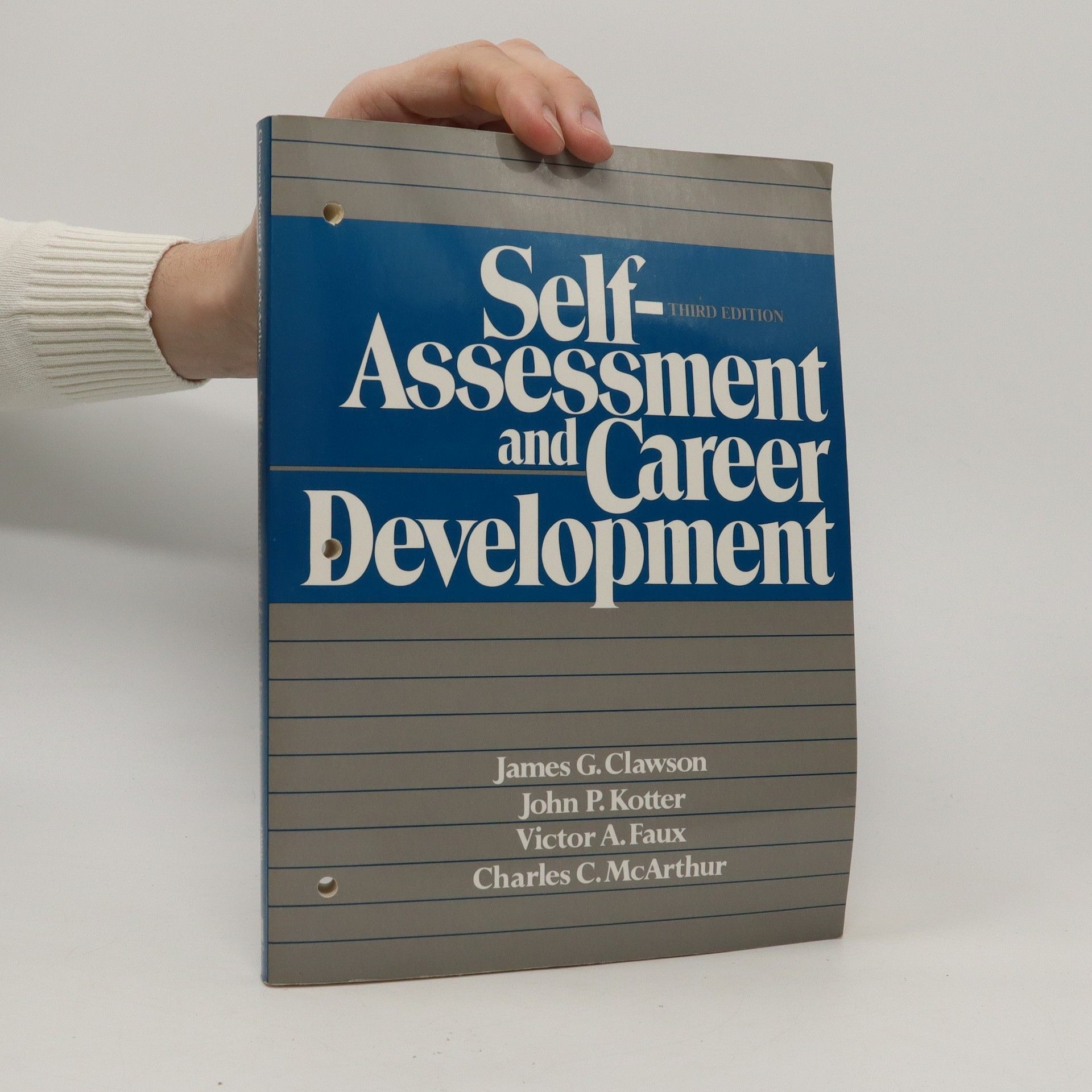Powered by Feel
- 297 pages
- 11 hours of reading
How do world-class performing individuals, teams, and companies do what they do? Would you like to know how to perform at your best on a regular basis? This book reveals the results of research involving interviews with hundreds of world-class performers in athletics, business, music, medicine and the military. It also includes the lessons learned from global consulting experiences, involving feel, with a wide and diverse group of corporate executives and independent contributors. Learn how to take your performance to the next level and enjoy it more in the process. Beginning with the answer to a simple question, the authors describe the role of FEEL in world-class performance and how you can make it work for you. This book goes well beyond the clich of ?you need to love what you do and have passion for your work.? Interviewees represented in the book include the following: Olympic Gold Medalists; World Champion Archer; Best-Selling Mystery Author; National Champion Swimmers; FBI Criminal Profiler; Space Shuttle Astronaut; NBA, MLB, and collegiate Coaches of the Year; Former All-Pro and Hall of Fame football player; Professional Poker Champion; Heart Surgeon; NCAA All Americans and Players of the Year; CEOs of several major corporations in services, biotech, financial services, consumer marketing and other businesses; Grammy Award Winners, and more.



